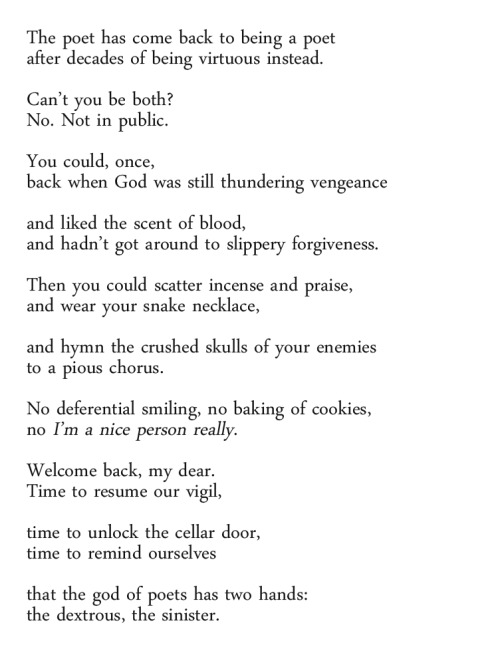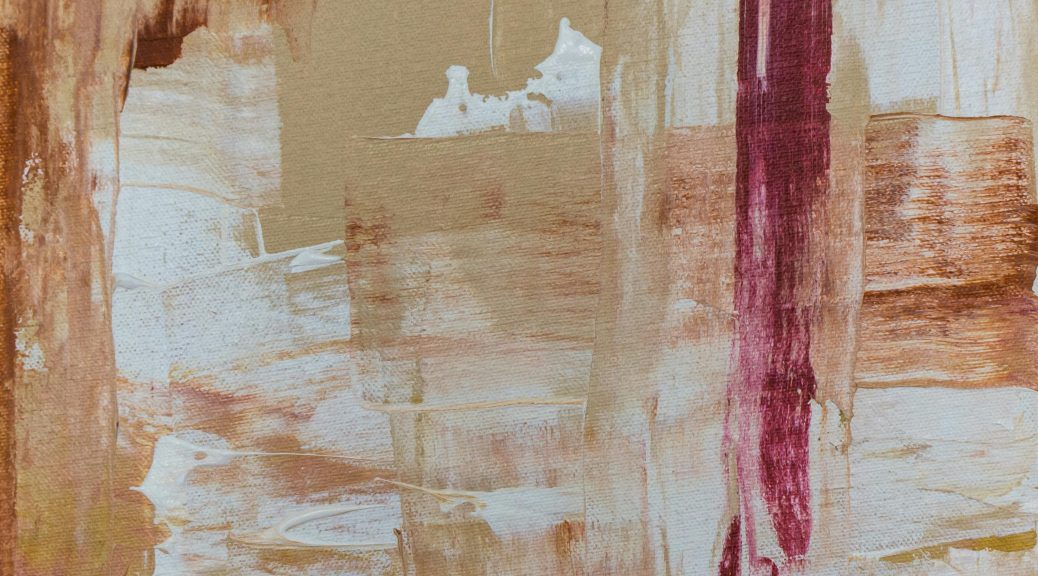— Part II: The Disappearance of Ritual, the Vocabulary of Hurt, and Sincerity in Simulation
III. The Sacred in Collapse
What Part I introduced as myth and performance deserves a closer look: the interplay of ritual, simulation, and the Real.
Sleep Token’s “rituals” are successful not so much because they are visually compelling, but rather because they dramatize the impossibility of belief. Their concerts feel charged with sacred intensity, but what they actually stage is the absence of transcendence. To make sense of it, we need to consider how ritual itself has collapsed in late modernity, and what remains in its wake.
There is much to be said about the underlying crisis, the disappearance of ritual itself in modern society. One theorist in particular has made this phenomenon his core interest. Byung-Chul Han introduces his work The Disappearance of Rituals (2020) with the claim:
“[Rituals] are to time what a home is to space: they render time habitable.”[1]
Ritual, for Han, is not ornament but architecture, giving duration a habitable structure through repetition. The daily gesture, the seasonal festival, the communal rite: these forms once stabilized identity by grounding people within a shared regularity. Without these forms, time “lacks a solid structure. It is not a house but an erratic stream. It disintegrates into a mere sequence of point-like presences; it rushes off.”[2] Time becomes a sequence of isolated moments with no symbolic coherence. In such a world, the self drifts, fragmented and uprooted.
Sleep Token step into this absence of ritual structure in a way that feels precisely tailored to the conditions of a younger generation. Millennials, Gen Z, and even Gen Alpha have grown up in a very particular time of cultural digitization, their lives characterized by the fragmented temporality of feeds, notifications, and on-demand culture. The band’s refusal of banal addresses to the audience, their anonymity, their carefully staged setting and robes, function as a counterweight to this stream of perpetual availability. For a few hours, fans inhabit a space where time slows and takes on symbolic shape.
Continue reading Rituals of Yearning: Sleep Token and the Performance of Sacred Longing [Part 2/4]






